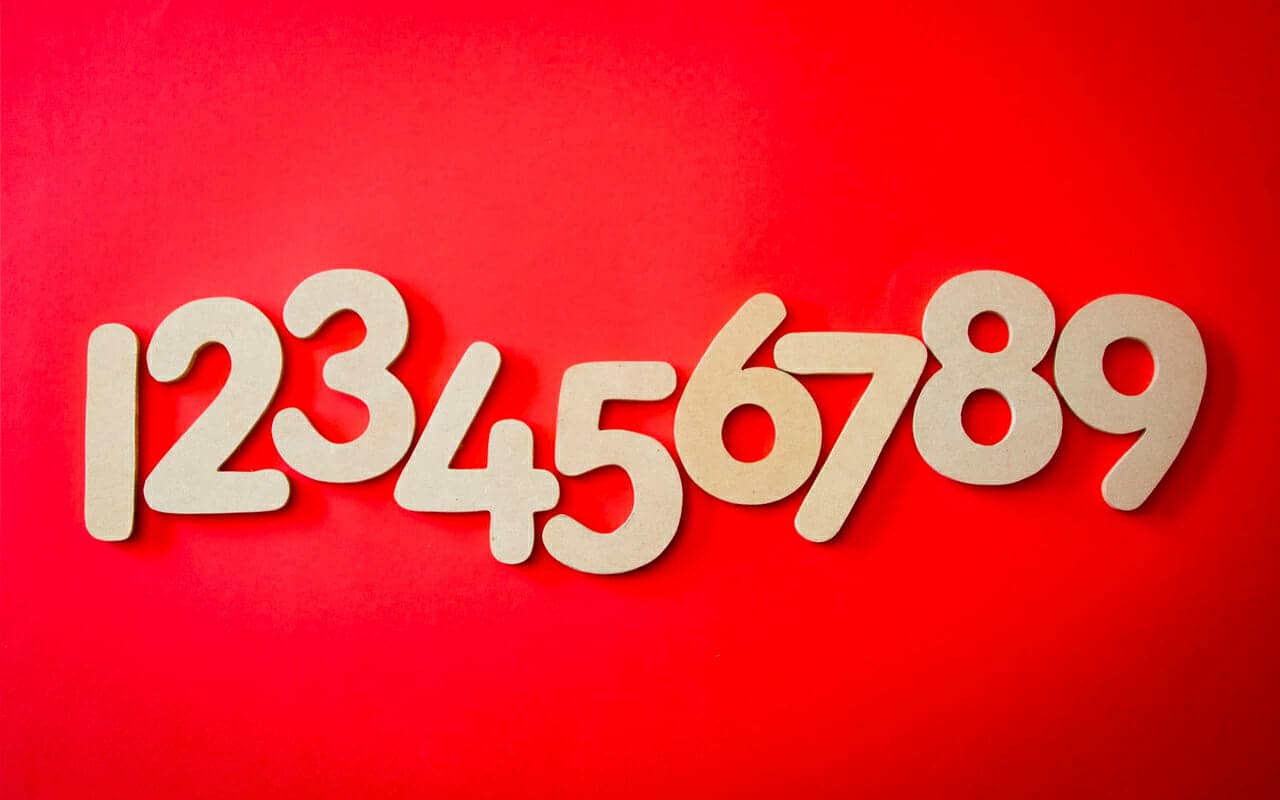 If you’re wondering what to memorize for the MCAT, you’re in the right place.
If you’re wondering what to memorize for the MCAT, you’re in the right place.
See, not only have many of my memory students passed the Medical College Admissions Test.
They’ve also become highly qualified medical professionals.
There are two reasons why:
- They mastered the MCAT memorization list
- They mastered medical mnemonics overall
So if you want to become a top-level medical student and enjoy greater success in your career, let’s get started with a powerful list of MCAT mnemonics you can use today.
Not only that, but you’ll learn what makes them work so well. That way, you can craft your own.
Things to Memorize for the MCAT
“Zillions of facts!”
That’s what one of my desperate students bemoaned when he told me about his issues with the MCAT.
Let me be blunt:
This kind of exaggeration is not useful. It overwhelms students who are otherwise very capable of success.
If you find yourself struggling with such unhelpful thoughts, I suggest giving my TEDx Talk a watch. It’s all about eliminating the kinds of thoughts that hold you back from rushing through the MCAT.
What the MCAT Test Covers
The MCAT involves four sections:
- Biological Foundations of Living Systems
- Chemical and Physical Foundations of Living Systems
- Psychological, Social and Biological Foundations of Behavior
- Critical Analysis and Reasoning Skills
Combined, you’re looking at 230 questions.
That’s hardly “zillions of facts.”
And it’s all very doable as many of these Magnetic Memory Method students have found.
What to Memorize for the MCAT
Within the exam itself, you will be responsible for names.
For example, you might need to give the name of the physiologist who discovered that all animals are made from cells, otherwise known as Cell Theory.
You may even need to know the date that this individual made the discovery. This means that you’ll want memory techniques for memorizing names and numbers.
The ability to memorize vocabulary will be important too, especially words related to anatomy.
Memory skills in these areas will enable you to easily and strategically work your way through these categories:
- Biochemistry
- Evolution
- Classification systems for the Kingdoms (bacteria, fungi, protista, plantae, animalia)
- Locution
- Circulation
- Immunology
- Respiration and excretion
- Digestion
- The Nervous System
- Endocrinology
- Reproduction
- Growth and development
- Genetics
- Ecology
15 MCAT Mnemonics That Work
Let’s briefly look at what the word “mnemonics” means.
It’s an umbrella term used to indicate any activity or device that helps improve learning and recall.
This means that mnemonics can include:
- Flashcards
- Anki (digital flashcards)
- Memory Palace
- Method of Loci
- Journey Method
- Story and linking methods
- Roman Room Method
- Pegword Method
- Memory Spaces
- Mnemonic Images
- Mind mapping
- Acronyms
- Rhymes
- Number rhymes
- Spaced repetition
There’s a lot of overlap between some of these memory techniques. For example, the Memory Palace technique is kind of like having flashcards in your mind. Except instead of using cards or digital spaced repetition software, the reps are taking place solely in your mind.
If you have any doubt that these techniques work, check out how these med students succeeded when using proper spaced repetition.
It gets even better, but we’ll look at more scientific proof after we examine a technique you might be using for the MCAT that isn’t serving you very well.
The Weakest MCAT Mnemonics
Although all of the above work, acronyms are the weakest.
For example, the so called flat peg mnemonic for:
FSH –>
LH –>
ACTH –>
TSH –>
Prolactin –>
Endorphin –>
Growth Hormone –>
Can this mnemonic approach work?
Sure.
But let’s look at a better way.
The Memory Palace Technique for Medical Terminology
The problem with acronyms is that you have to remember the acronym on top of the specific information to which it refers.
A much better way is to maximize how your memory already easily remembers information. To do this, start with space itself.
Let me ask you a question:
The last time you moved, did it involve a lot of hard work to remember the location of your bedroom in the house or apartment?
Probably not. And that’s because your memory encodes the location on autopilot.
When studying for the MCAT, using a Memory Palace will be your superpower. Especially with the most difficult electromagnetic MCAT information for which only the most high-powered mnemonics will do.
How do I know the approaches you’re discover now work so well?
Check out this study of using spatial mnemonics like the Memory Palace for medical terminology.
As Dr. Reser and I discussed, the Aboriginal techniques used in the study are very close to the Memory Palace technique.
Indeed, as Tyson Yunkaporta who confirmed when I asked about his work on the study, the approaches are virtually identical. Especially when it comes to memorizing medical terminology.
And the best part is that if you use all of the mnemonic strategies I’ve shared above, you’ll be able to get the best of both worlds.
Example of the Memory Palace for the MCAT
To get started, select a room you know well.
Taking something like the flat peg mnemonic, you would distribute the information throughout this room by placing it on or near walls, corners and furniture.
To make the information memorable, you just need to create simple associations.
Using the pegword method, you will have an image for each letter of the alphabet. This means that the FSH part of the flat peg mnemonic can readily become much more memorable.
Let me give you another visual example of how easy it is to remember things like this using a Memory Palace:
Instead of trying to remember FSH, you can use images like a frog, snake and hat.
By quickly creating a story about these objects, you’ll remember this target information much easier.
Then, you can move to another part of the room and layer on more images.
Finally, using a special process called Recall Rehearsal, you can rapidly usher the information into long term memory.
No doubt, this process can seem complex if you’re new to it. But it can be learned quickly. And it’s simple and fun once you’re set up.
If you’re interested in learning more about these techniques for beginners with a few advanced principles thrown in, check out my FREE Memory Improvement Kit:
It will show you how to create well-formed Memory Palace Networks that scale so you can easily remember everything related to the MCAT.
So what do you say?
Are you ready to master your exams with greater ease and efficiency thanks to MCAT mnemonics that really sing?
Dive in and enjoy this journey!
Related Posts
- Mnemonics, Language Learning And Virtual Memory Palaces In Discussion With Timothy Moser
Two memory skills enthusiasts reveal all.
- Memory Craft: Lynne Kelly On The Potent Power Of Ancient Mnemonics
Lynne Kelly joins the podcast to discuss her new book Memory Craft. We discuss the…
- On Math, The Science Of Mnemonics And Memory Modalities
Candid talk on the science of mnemonics with notes on math and rep systems.








